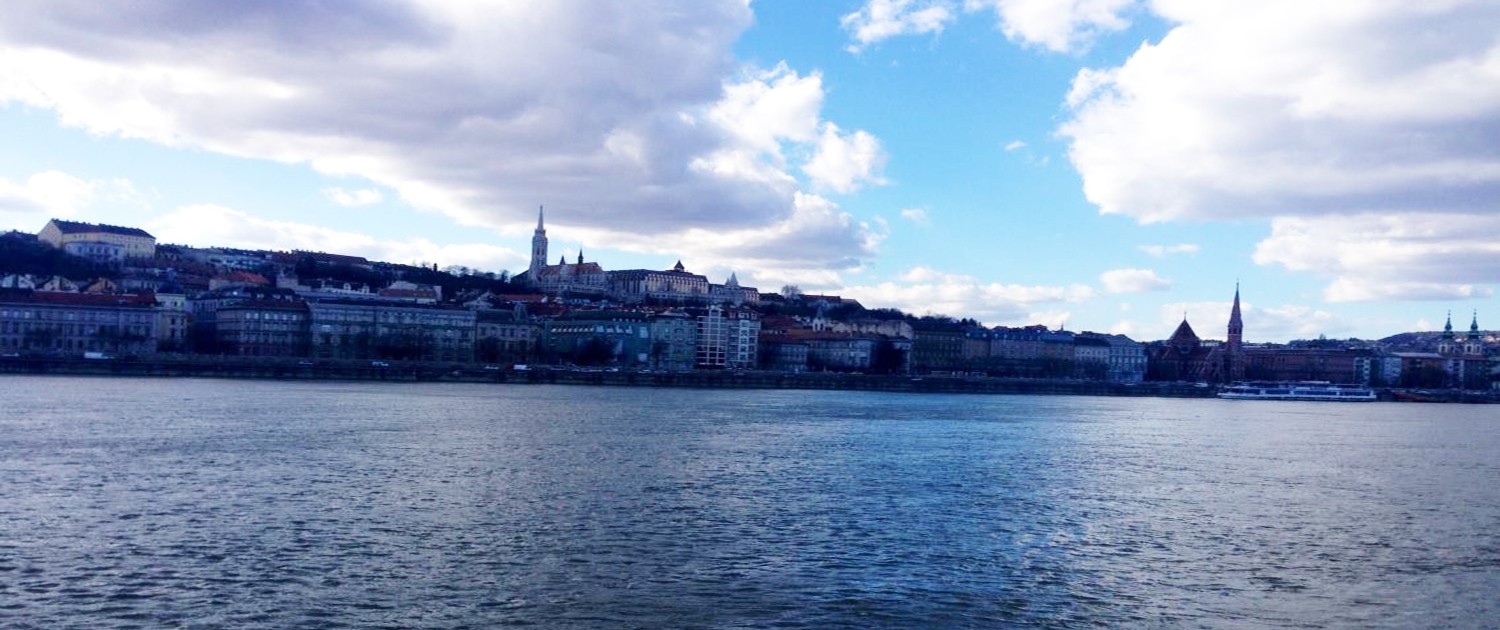Five tips for student backpackers
This spring break, I spent my time a bit differently than I would in the United States, and embarked on the classic four-countries-in-ten-days excursion with nothing but a backpack and iPhone camera in tow. In just over a week, my traveling buddy and I managed to make our way to Germany, Austria, Hungary and the Czech Republic.
We visited four different cities during our journey: Munich, Vienna, Budapest and Prague respectively. To say we covered a lot of ground would be an understatement, and I’m pretty sure I’ll need a good ten hours of sleep per night for the next week and a half to recover. However, for a newbie traveler such as myself, I could not suggest a better way to begin a lifetime of adventures abroad than to backpack across Europe – especially if you are going out of the country for the first time.
Despite only being in each city for a day and a half before having to pick up and hop on a train again, my friend and I found this type of traveling highly beneficial in that we got to sample a great deal of Central Europe. Being able to get a taste of each country gave us enough of a chance to form an opinion about it, and decide whether or not we’d like to return in the future and spend more time getting to know the country. For instance, there is still plenty of Hungarian food I need to try in Budapest, and public bathhouses to visit, as well as the famous five-story club in Prague.
For those of you interested in post-graduate travels, or plan to study abroad in the near future, here are a few useful pointers I’ve learned on the way:
- The type of luggage you carry is CRUCIAL.
After experiencing the struggle of carrying a rolling suitcase while in Venice, I learned the hard way that backpacks and duffle bags are the way to go. The day before I left, I invested in a backpack the size of a carryon suitcase, and it was probably one of the best travel decisions I’ve made in a while. Not only can you fit everything you need for a whole ten days, but it’s fairly lightweight and leaves you hands-free. You can purchase yours here.
- Have a game plan, but remain flexible.
When doing a lot of traveling, it’s a smart idea to stay organized and do your research. It’s great starting out with some sort of idea of what you plan to do and see in a country, but more importantly, it’s vital to roll with the punches. Just like everyday life, nothing ever goes according to plan 100 percent of the time, which is why it’s helpful to take a deep breath and loosen the reins once and a while. You never know – that one exhibition you were dying to see but turned out to be closed could lead to you finding a great hole-in-the-wall restaurant to eat at that you would have never come across otherwise.
- Talk to locals, and ask questions.
There is no better way to get to know a place than to interact with the people who live there. Whether you are staying in a hostel, or out and about enjoying the city, take a second to ask around where the best places to eat at are, what views are to die for, and where you can find the cheapest deals.
- Learn how to read and navigate a map other than GPS.
This one is still a work-in-progress for me (to say the least), but is probably one of the most important skills to have when traveling. More likely than not, you will not have access to Wi-Fi when you are out wandering the city in foreign lands. It’s helpful to have some idea of how to read a map (and trust me, you will acquire a bunch going from place to place), as well as being able to understand and navigate foreign Metro/Subway systems. Using public transportation to get from place to will you save you a ton of money on cab fare.
- Eat everything.
For me, one of the best parts of traveling is tasting every country’s traditional food. Out of the four countries we visited, I’d say that Prague had the best food. Not only was it absolutely delicious, but also extremely cheap. I ate a rack of baby back ribs and plate of French fries for the equivalent of $6 USD. Interestingly enough, goulash was an original dish in Austria, Hungary, and Czech Republic, however, each country made theirs differently. I wasn’t a fan of goulash until I got to Prague, where they made their version less of a stew, and more of a solid meal. Who would’ve known that Czech and Hungarian food would become my new two favorite cuisines!
After a whirlwind of adventure, I was so happy to return to Florence, which has become a second home to me, more so than Los Angeles has in the past two years. The longer I stay here, the more I connect with Italy’s people and fall in love with the city and Italian culture. Spring break was a blast, but it’s great to have a home base.
Ciao, belli!

